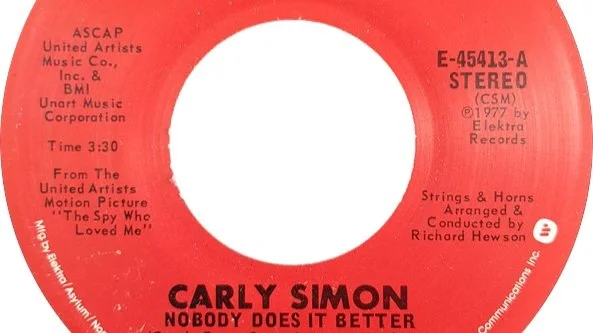Happy 83rd birthday, Bob Dylan! The poet, songwriter and rocker is forever young and always influential
Editor’s note: “I’ve been ten thousand miles in the mouth of a graveyard … I saw a black branch with blood that kept drippin’.” Those lines, from “A Hard Rain’s A-Gonna Fall”, are from one of the few Bob Dylan songs that I heard when I was a Marine fighting in Vietnam. They made quite an impression on me when I was 19. Those impressions have endured. Thanks for sharing this, Randy. John Tsitrian
An important birthday is coming up. Bob Dylan will turn 83 on May 24.
About 60 years ago, I had my first inclination to be a Dylanologist. When I heard “Like a Rolling Stone” and “Subterranean Homesick Blues” on the radio, I was hooked.
Most of my family members and friends thought I was nuts and dismissed my attraction to Dylan (his signature is shown above in a public domain image posted on wikimedia commons) by remarking, “The guy can’t even sing. He just wheezes.” I tried to explain that the wheezing comment wasn’t entirely accurate. It took a few years, but later, on “Nashville Skyline,” Dylan transformed for a time into a smooth, dyed-in-the-wool country crooner.
In the 1970s when I was a high school English teacher, I would spice up the poetry units with contemporary material. After preparing lyric sheets of Dylan songs, I would bring my albums to class and play the songs while the students would listen and simultaneously read the lyrics. I opined that many of Dylan’s songs were, indeed, poetry.
Some of the students appreciated my opinion and some did not — mainly because they couldn’t get past the voice on the record. My students might now realize that I was on to something as Dylan was awarded the Nobel Prize for Literature in 2016.
In addition to Dylan, students in my classes also studied the songs/poetry of Joni Mitchell (“Down to You”), Paul Simon (“One Man’s Ceiling is Another Man’s Floor”), Elton John/Bernie Taupin (“Indian Sunset”) and others. The students would bring their own material to class for analysis and discussion, including songs from Kansas (“Dust in the Wind”) and the Moody Blues (“Question”).
One classroom activity that I didn’t think about at the time was to have my students compare the description of Satan in Milton’s “Paradise Lost” or the Old Testament Book of Job with that of the Rolling Stones’s “Sympathy for the Devil.” The activity would have been thought-provoking.
The lyrical content of some of Dylan’s poems/songs have been the subject of probably way too much analysis. Granted, some of Dylan’s songs can be complex and are subject to varied interpretations; and, I’ve always enjoyed participating in such study.
A few of my personal favorites for deep examination include “Desolation Row,” “Dignity,” “With God on Our Side,” and “Jokerman.” Of course, as you are selecting Dylan songs to analyze, the list goes on and on.
One key to the significance of Dylan’s songs is their timelessness. Dylan’s “Blowin’ in the Wind,” for example, written over 60 years ago, asks nine simple questions regarding inequality, injustice, human suffering, and war and peace. The song addresses issues that existed in the 1960s as they have existed throughout history and remain so today.
“The Times, They Are a’Changin’,” written about the same time as “Blowin’ in the Wind,” provides a description of the consequences of government dysfunction.
“Come senators, congressmen
Please heed the call
Don't stand in the doorway
Don't block up the hall
For he that gets hurt
Will be he who has stalled
The battle outside ragin'
Will soon shake your windows
And rattle your walls
For the times they are a-changin’”
A cynical and plain-as-day political reality is described in a Dylan song entitled “Sweetheart Like You.” Borrowing from Samuel Johnson, the song was included on a 1983 album, “Infidels.” Once again, timeless.
“They say that, ‘Patriotism is the last refuge
To which a scoundrel clings’
Steal a little and they throw you in jail
Steal a lot and they make you king”
Not everything Dylan addressed in his writing was about injustice, personal trauma, love and loss, political corruption, historical intrigue, the nature of evil in the world, and other psychological, sociological, and spiritual themes. Not everything he wrote was loaded with symbolism and allusions to other artists and their works.
No, there were things that Dylan described that were straight-forward snippets of the human condition, seasoned with a wry sense of humor. No interpretation needed.
Peggy Day stole my poor heart away
By golly, what more can I say
Love to spend the night with Peggy Day
Randy Zitterkopf served as a public school teacher and administrator in Nebraska, South Dakota and Minnesota. Now retired, Randy and his wife Linda live in Sioux Falls.







